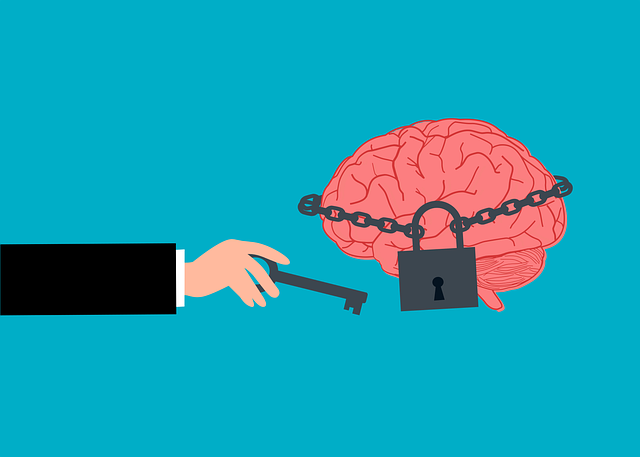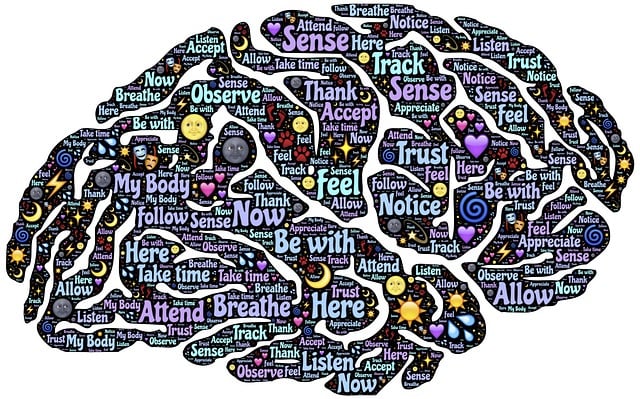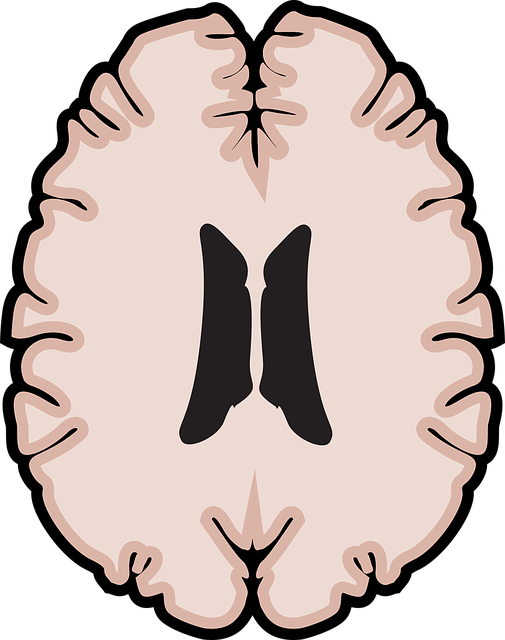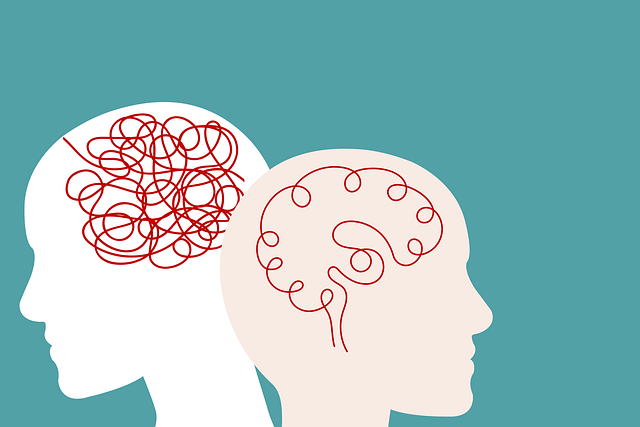Adolescents experiencing Denver Adjustment Disorder (DAD), an anxiety disorder triggered by life changes, can find relief through cognitive-behavioral therapy (CBT) and holistic practices. CBT aims to change negative thinking patterns and behaviors related to stress, empowering individuals to manage their mental well-being effectively. Innovative therapies like DADT, combined with mindfulness techniques from podcasts, offer comprehensive approaches to reduce anxiety and promote lasting mental health for those dealing with DAD.
Anxiety can significantly impact daily life, but managing it effectively is achievable. This article explores various techniques to combat Denver Adjustment Disorder and its associated anxiety. We delve into Cognitive Behavioral Therapy (CBT), a proven, powerful tool, offering insights on how it restructures thought patterns. Additionally, discover everyday stress-relief methods for holistic Denver Adjustment Disorder therapy. By combining these strategies, individuals can gain control over their mental health, leading to improved well-being and quality of life.
- Understanding Denver Adjustment Disorder and Anxiety
- Cognitive Behavioral Therapy (CBT): A Powerful Tool
- Additional Techniques for Daily Stress Relief
Understanding Denver Adjustment Disorder and Anxiety

Many individuals struggle with anxiety, and understanding specific conditions like Denver Adjustment Disorder (DAD) is crucial for effective management. DAD, often diagnosed in adolescents, involves intense and persistent anxiety related to significant life changes or stressors. This disorder can manifest as excessive worry, fear, or avoidance of situations that trigger these emotions. Therapy plays a pivotal role in managing DAD, offering various evidence-based approaches such as cognitive-behavioral therapy (CBT), which helps individuals identify and change unhelpful thinking patterns and behaviors contributing to anxiety.
Incorporating mental wellness practices like journaling can serve as valuable emotional healing processes. Writing down thoughts and feelings allows for self-reflection and identification of triggers, while also providing a safe space to express emotions. Additionally, conflict resolution techniques learned through therapy sessions can aid in managing anxiety by teaching individuals how to navigate challenging situations with more ease. These strategies empower people to confront stressors directly, thereby reducing the intensity of anxiety responses.
Cognitive Behavioral Therapy (CBT): A Powerful Tool

Cognitive Behavioral Therapy (CBT) has emerged as a powerful tool in the arsenal against anxiety disorders. This evidence-based approach focuses on identifying and modifying negative thought patterns and behaviors, offering a structured framework to challenge and reframe distorted perceptions. CBT is particularly effective for conditions like Denver Adjustment Disorder, where individuals struggle with feelings of overwhelming anxiety in response to stressful events or transitions.
By targeting specific cognitive processes, CBT empowers individuals to develop healthier coping strategies. This can involve learning communication strategies to express anxious thoughts effectively, fostering a deeper understanding of their triggers, and gaining tools to manage symptoms. Public awareness campaigns development and Mental Health Education Programs Design that promote CBT accessibility further underscore its significance in mental health care.
Additional Techniques for Daily Stress Relief

In addition to established practices like meditation and deep breathing exercises, there are several innovative techniques for daily stress relief. One such approach gaining traction is Denver Adjustment Disorder Therapy (DADT), which focuses on addressing underlying emotional triggers associated with stress and anxiety. This therapeutic method has proven effective in helping individuals manage their symptoms and improve overall mental wellness.
The Mental Wellness Podcast Series Production offers a valuable resource for those seeking alternative solutions. Crisis Intervention Guidance and Depression Prevention are other essential topics explored, providing listeners with practical tools to navigate stressful situations. By combining various techniques, from mindfulness practices to evidence-based therapies, individuals can create a holistic approach to managing anxiety and promoting lasting mental health.
Anxiety management is a multifaceted approach, especially in addressing Denver Adjustment Disorder. While Cognitive Behavioral Therapy (CBT) proves highly effective, integrating additional techniques like mindfulness, deep breathing, and regular exercise can significantly enhance daily stress relief. By understanding and managing anxiety, individuals with Denver Adjustment Disorder can lead more fulfilling lives. Remember that professional help is accessible, and with the right tools, managing anxiety becomes a manageable journey.














